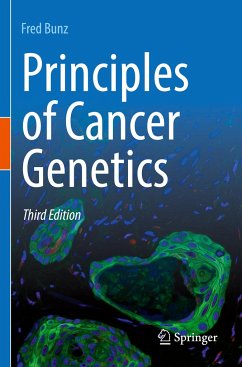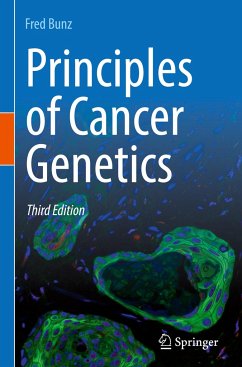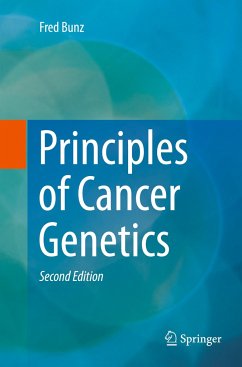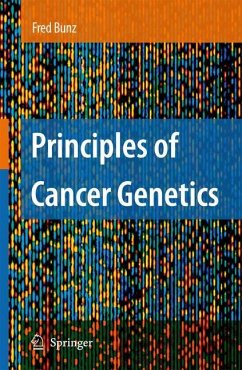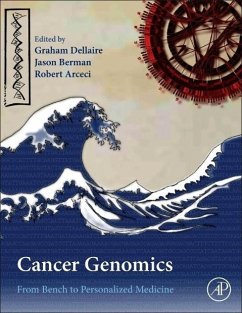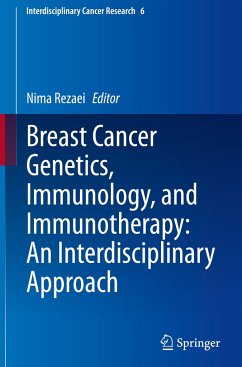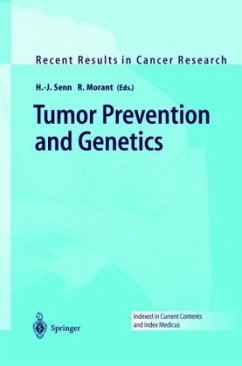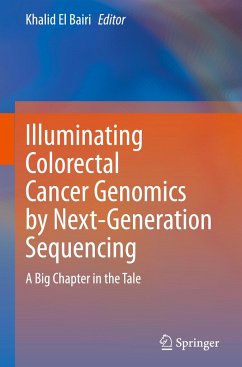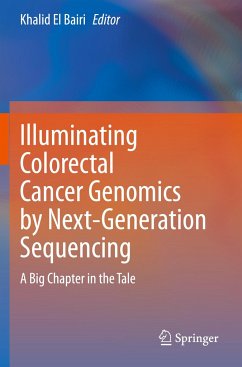
The Hereditary Basis of Childhood Cancer

PAYBACK Punkte
106 °P sammeln!
This volume elaborates on the research and clinical implications of the hereditary and molecular basis of childhood cancers. The focus of the 'disease-related' chapters of the book is to integrate what is known about the molecular basis of that particular clinical entity (or group of related entities) with the clinical manifestations, to relate the relationship of the molecular oncologic pathways with relevant developmental or non-human species biology in order to better understand the complexity of these systems. The resulting clinical implications of understanding this biology are elaborated...
This volume elaborates on the research and clinical implications of the hereditary and molecular basis of childhood cancers. The focus of the 'disease-related' chapters of the book is to integrate what is known about the molecular basis of that particular clinical entity (or group of related entities) with the clinical manifestations, to relate the relationship of the molecular oncologic pathways with relevant developmental or non-human species biology in order to better understand the complexity of these systems. The resulting clinical implications of understanding this biology are elaborated on. Chapters 13-16 discuss the broader psychosocial, ethical and genetic counseling issues that arise and that are so critical to translating the knowledge gained from advances in molecular genetics into the clinic. Chapter 12 in particular provides a unique perspective of the application of this knowledge in less-developed nations where 'modern' technologies may not be readily available, butwhere the clinical manifestations of these disorders are prevalent.





